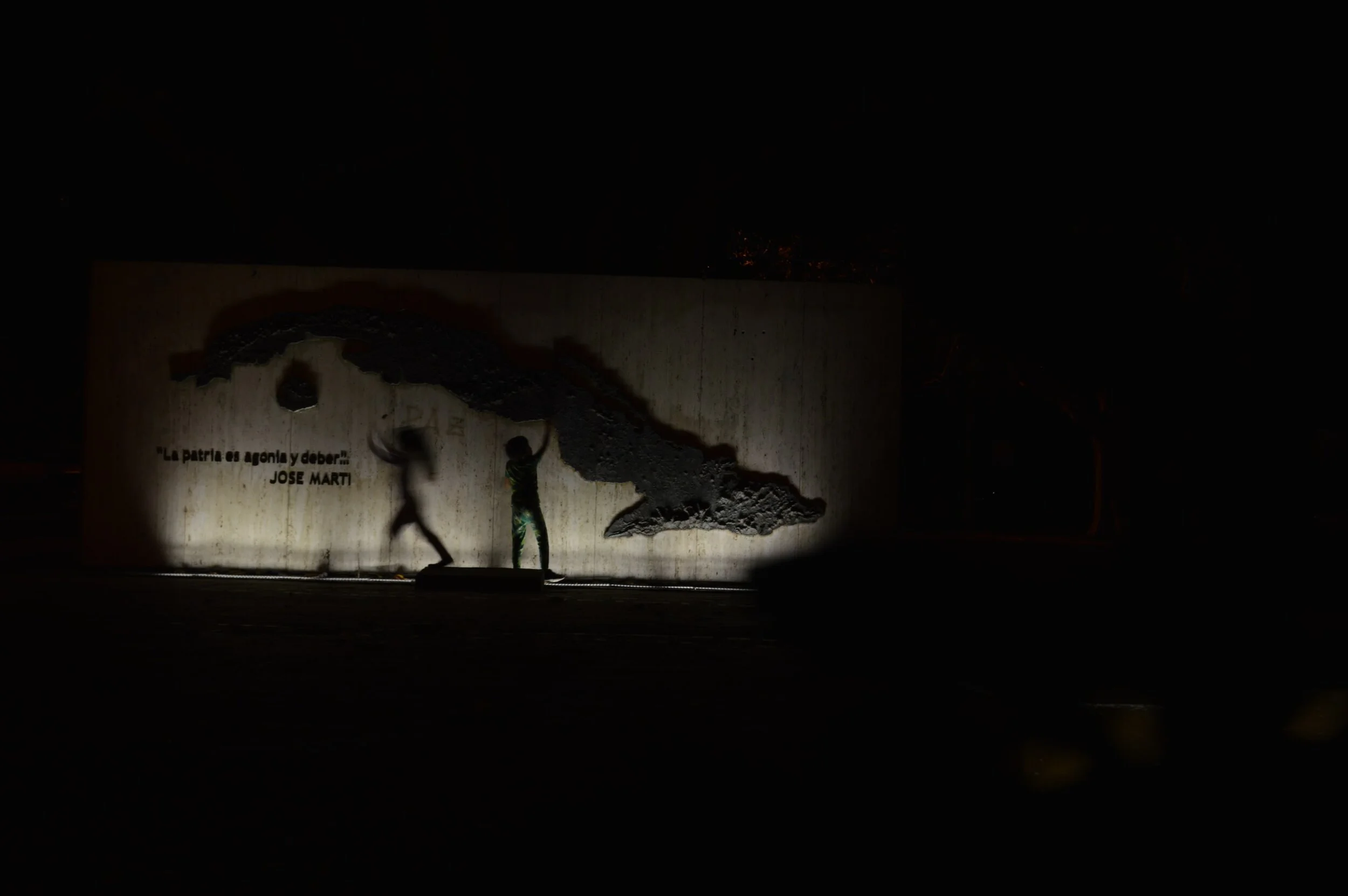The International Struggle for New Human Rights (Pennsylvania Studies in Human Rights)
In recent years, aggrieved groups around the world have routinely portrayed themselves as victims of human rights abuses. Physically and mentally disabled people, indigenous peoples, AIDS patients, and many others have chosen to protect and promote their interests by advancing new human rights norms before the United Nations and other international bodies. Often, these claims have met strong resistance from governments and corporations. More surprisingly, even apparent allies, such as Amnesty International, Human Rights Watch, and other nongovernmental organizations, have voiced misgivings, arguing that rights "proliferation" will weaken efforts to protect their traditional concerns: civil and political rights.



